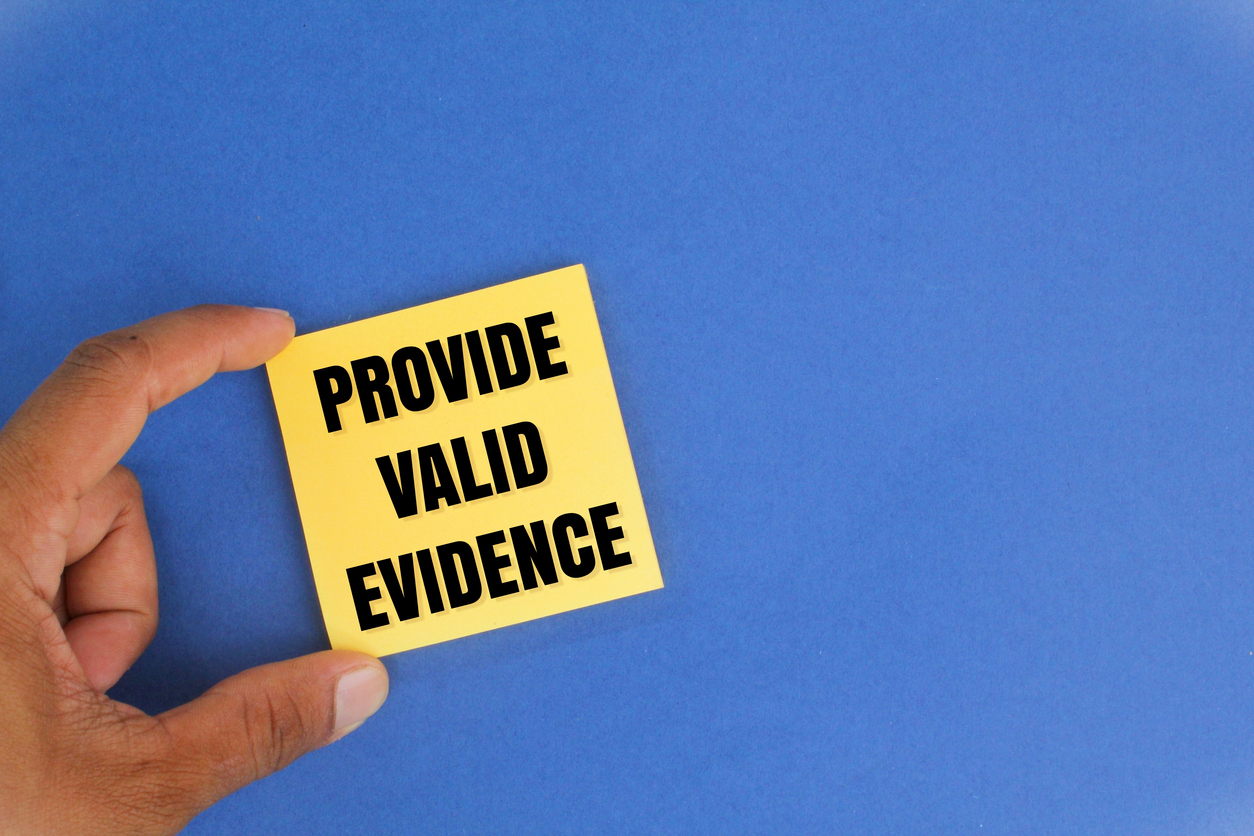In April 2008, Minnesota’s Legislature passed a bill enacting Minnesota Statues Section 604.18, often referred to as Minnesota’s “Good Faith Law,” which creates a cause of action for first-party bad faith. Under section 604.18, an insured can seek damages from his or her own insurer if the insurer does not act in good faith when denying the benefits under an insurance policy.
The statute provides that the court may award “taxable costs” to an insured if the insured establishes an insurer had no reasonable basis for denying benefits under an insurance policy and that the insurer knew of, or acted in reckless disregard of, the lack of a reasonable basis for the denial of the benefits.
In other words, Minnesota’s bad faith law is a two-part test:
The first prong is an objective standard that asks whether a reasonable insurer would have denied or delayed payment of the claim under the facts and circumstances. Under this prong, courts consider whether the claim was properly investigated and whether the [investigation results] were [reasonably evaluated and reviewed]. . . . The second prong is subjective and turns on what the insurer knew and when. Knowledge of the lack of a reasonable basis may be inferred and imputed to an insurer where there is reckless indifference to facts or proofs submitted by the insured.1
The procedure, however, for asserting a first-party bad faith claim in Minnesota differs from many states. The insured may not assert the claim in the original complaint.2 Rather, after filing suit, the insured must make a motion to amend the pleadings to include a claim for taxable costs. The motion must allege the legal basis under section 604.18, and be accompanied by one or more affidavits showing the factual basis for the motion. If the court finds prima facie evidence to support the motion, it may grant the motion to amend the pleadings.
Recently, in Redeemed Christian Church of God Strong Tower Parish v. Auto-Owners Insurance Company, we were granted leave to file our Amended Complaint alleging “bad faith.”3 We alleged that Auto-Owners had failed to pay the entire amount due under the policy for the losses and damages resulting from a covered hail and wind event. More specifically, Auto-Owners had failed to conduct a complete investigation, unreasonably delayed in making payment for damage it acknowledged was covered under the policy, and improperly deemed damage to be “cosmetic” where no such distinction existed in the policy.
Focusing on Federal Rule of Civil Procedure 15, which governs amendments of pleadings in federal actions, the court concluded that the proposed amended complaint was not motivated by “undue delay, bad faith, or dilatory motive” and therefore leave to amend the complaint should be freely given.4
The court rejected Auto-Owners argument that the amendment was futile because it would be subject to dismissal. The court concluded that the pleadings plausibly established that the “Defendant had not paid out on all the damage or loss covered under the policy, and that there was no reasonable basis to do so.”5 The court noted that prong one was satisfied, especially in light of Plaintiff’s allegation that Defendant failed to reasonably evaluate its own engineering expert’s report. The court also noted that its engineer’s reference to “cosmetic damage”, which was not encompassed within the policy, raises an “inference and imputation that Defendant recklessly disregarded the known facts, circumstances, and policy terms in denying Plaintiff’s claim, or at least substantially delayed claim resolution.”6
_______________________
1 Friedberg v. Chubb and Son, Inc., 800 F.Supp.2d 1020, 1025 (D. Minn. 2011).
2 Minn. Stat. §604.18, Subd. 4(a).
3 Redeemed Christian Church of God Strong Tower Parish v. Auto-Owners Ins. Co., No. 17–cv–1379, 2018 WL 2135018 (D. Minn. May 9, 2018).
4 Id.
5 There has been no finding of bad faith or violation of section 604.18 by Auto-Owners. Plaintiff has merely been permitted to allege a claim against Auto-Owners.
6 Redeemed Christian Church, at *5.



